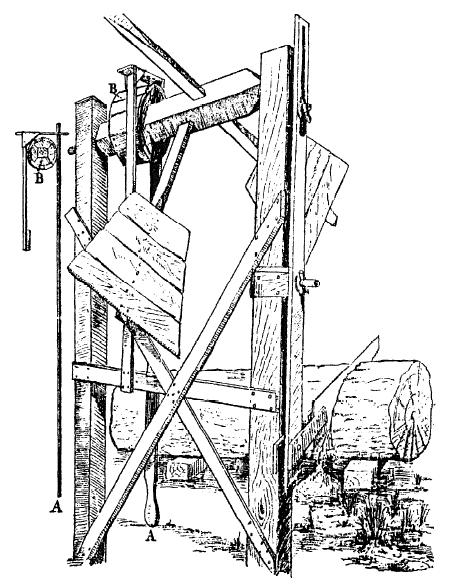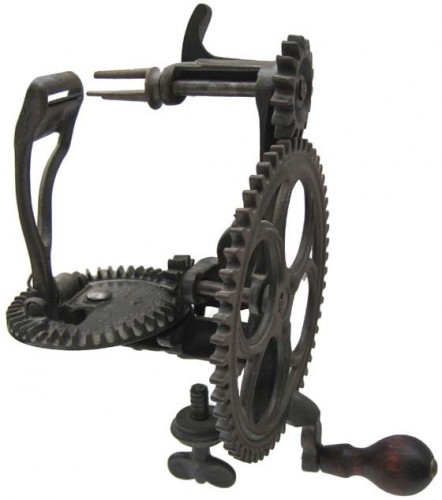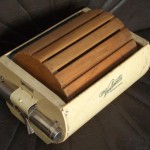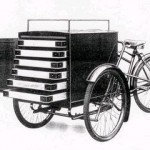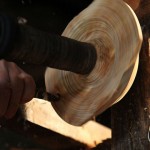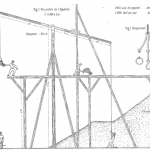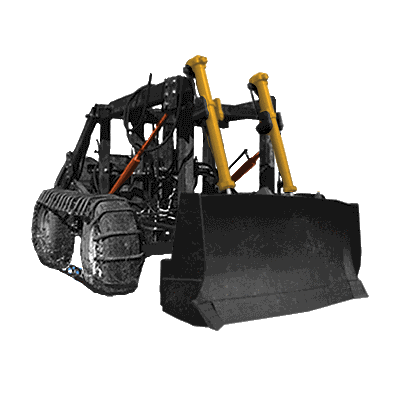 “The Global Village Construction Set (GVCS) is an open technological platform that allows for the easy fabrication of the 50 different Industrial Machines that it takes to build a small civilization with modern comforts. Key features of the GVCS: Open Source – Low-Cost – Modular – User-Serviceable – DIY – Closed-Loop Manufacturing – High Performance – Heirloom Design – Flexible Fabrication.”
“The Global Village Construction Set (GVCS) is an open technological platform that allows for the easy fabrication of the 50 different Industrial Machines that it takes to build a small civilization with modern comforts. Key features of the GVCS: Open Source – Low-Cost – Modular – User-Serviceable – DIY – Closed-Loop Manufacturing – High Performance – Heirloom Design – Flexible Fabrication.”
“A modern, comfortable lifestyle relies on a variety of efficient Industrial Machines. If you eat bread, you rely on an Agricultural Combine. If you live in a wood house, you rely on a Sawmill. Each of these machines relies on other machines in order for it to exist. If you distill this complex web of interdependent machines into a reproduceable, simple, closed-loop system, you get these 50 machines.”
The GVCS is a work-in-progress. See the wiki, the blog and (the best introduction) the movie.
Related: How to make everything ourselves: open modular hardware.
